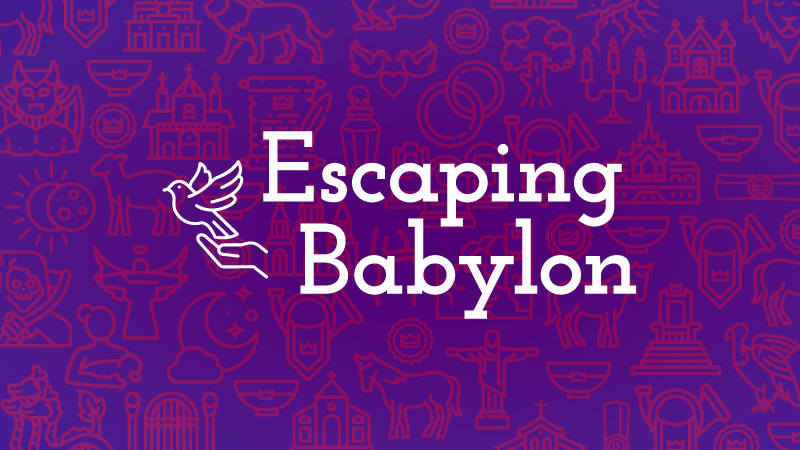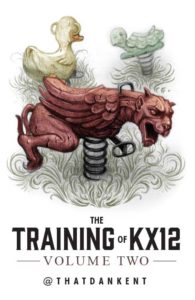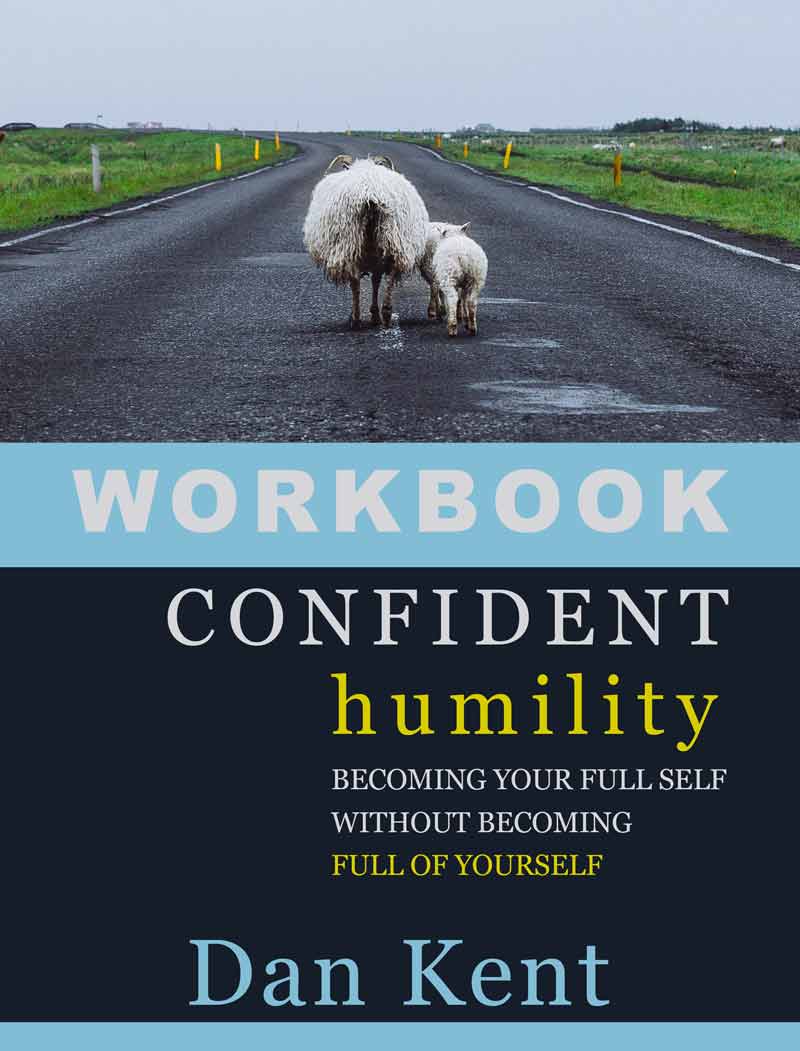Step out in search of free will and you encounter many traps. Say you make the astute claim that something free must be something uncaused. The way you see it, if something is predetermined it cannot be free. If we witness a free act, we must be witnessing something that has no prior cause. As reasonable as this seems, and as dapper as the logic might appear, it turns out…
A Writer’s Venn for Writing-Zen
Let me share with you the nature of my toil. I’ve got all this stuff in my head that I believe you would enjoy having in your head. That’s why I write. But it’s not as easy as it sounds. A great distance lies between my head and yours, with terrible obstacles in the space…
The ONLY Truly Creative Thing We Can Do
I daydream often. Lately, in my fog of contemplation, I’ve pondered a question about creativity: Can a person truly be creative? So far I keep coming back to the same conclusion: The only truly creative thing we can create is how we treat the world and others. We do not truly create anything else. Everything…
What “Man Gave Names to All the Animals” REALLY Means
“So the man named all the animals, the birds of the air, and the living creatures of the field.” Genesis 2:20 In the fog of our over-Googled, ‘Hey Siri,’ information-obsessed minds I believe we may be looking upon the story of Adam-naming-the-animals with dull eyes. When we hear the story we imagine Adam mechanically identify…
Now Available!
Confident Humility:
Becoming Your Full Self Without Becoming Full Of Yourself
"In the spirit of Dallas Willard... Dan addresses one of the most persistent problems that Christians face: Why does our faith in God’s transforming love transform us so little?”
-From the foreword by Greg Boyd, author of Letters From a Skeptic
Almost all self-help books emerge from one of two flawed views of the self, and these mutually exclusive ditches are destructive. The Ditch of Smallness says that people are fundamentally bad and that humanity's greatest spiritual threat is pride. The Ditch of Bigness says the exact opposite: people are fundamentally good, and shame is our greatest danger.
Dan Kent presents a third view, a road between the ditches. He shows how the humility Jesus revealed offers the most accurate and freeing view of the self. Whereas shame and arrogance are dysfunction steroids (making our depression darker, our anxiety tighter, our addictions stickier, and so forth), humility, as Jesus teaches it, counteracts both shame and pride, thereby subverting two major psychological forces that thwart us.
Once we embrace this new way of seeing ourselves--how Jesus sees us--we begin to relate to ourselves, to others, and to the world around us in a way that allows us to overcome a whole host of vices and self-sabotaging behaviors. Furthermore, whereas the ditches both lead to powerlessness and passivity, humility as Jesus teaches it is empowering, fosters proactivity, and serves as a scaffold for true confidence.
Confident Humilty Learning Tools:
Study Guides
Daniel Kent (@thatdankent) was born to a 14 year old mother in the humorless tundra of Northern Minnesota. He went to college to figure out if God exists and taught his first college course when he was 25. He wrote his first novel when he was 12 (a nature adventure story, hand-written on 20 sheets of loose-leaf paper and sent off to New York for publication. Unfortunately, the publishing company was "not considering material of this type at this time").
Due to a chronic tendency to underestimate the difficulty of a task, combined with a spirit of stubborn determination, Daniel decided to learn programming. Realizing he was a lousy programmer, he returned to his love of writing. His first book ("The Training of KX12") has been a surprise hit. In 2019, Fortress Press published his best-selling book: Confident Humility: Becoming Your Full Self Without Becoming Full of Yourself.
He is the editor in chief (and occasional contributor) for Greg Boyd's blog ReKnew.org and is the host of the wildly popular podcast: "Greg Boyd: Apologies & Explanations."


















